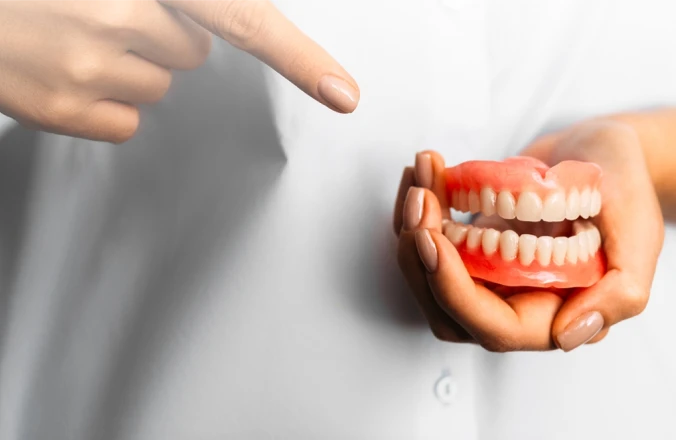
Eating after dental implant
Dental implantology has revolutionized the treatment of patients who have lost one or more teeth by providing a durable and aesthetically pleasing alternative. The placement of a dental implant is a minimally invasive procedure, but it does require a specific recovery period, especially with regard to diet.
Understanding the procedure and following proper advice is important for optimal healing.
What is a dental implant?
Dental implants are biocompatible artificial roots that are placed to replace missing teeth. These implants support crowns, bridges or removable dentures, providing a functional and esthetic solution. They are preferred to traditional dentures because they restore the feeling of natural teeth.
When is a dental implant needed?
Implants are recommended in cases of tooth loss, tooth fracture, severe infection or untreated periodontal disease. It is also an alternative for those who can’t or don’t want to use removable dentures. A professional evaluation is required to verify the available bone volume (needed to hold the artificial root or implant in place). The patient’s overall health must be verified before beginning this type of treatment.
Claude Monet Dentistry’s recommendations for a successful recovery
After implantation, a period of convalescence with an appropriate diet is essential to ensure rapid healing and avoid complications.
Post-operative diet: What should you eat after implant surgery?
After surgery, it is recommended that :
Opt for soft foods : Immediately after surgery, choose foods that are easy to chew, such as soups, yogurts, purees, and compotes, to limit pressure on the implant.
Avoid hard or crunchy foods : During the healing process, these foods or food particles that are too hard may become lodged in the wound or irritate the gums. Try to chew on the side opposite the implant.
Choose foods at moderate temperatures : Les extrêmes chauds peuvent être inconfortables. Préférez des aliments et boissons à température tiède ou fraîche.
Hydrate well : Water is essential for hydration and healing. Limit alcohol and sugary drinks, which can interfere with the healing process.
Adopt a balanced diet : A diet rich in vitamins and minerals supports healing. Include fruits, vegetables, lean proteins, and whole grains in your diet.
By following these dietary recommendations, patients facilitate effective healing and maximize the long-term benefits of their dental implants. It’s also important to maintain excellent oral hygiene and make regular visits to the Claude Monet Dental Clinic for check-ups to ensure the continued health of the implant and its prosthesis. These appointments allow us to check the condition of the implant and prosthesis and detect any potential problems at an early stage, ensuring the success and longevity of the procedure.
 fr
fr  en
en 

